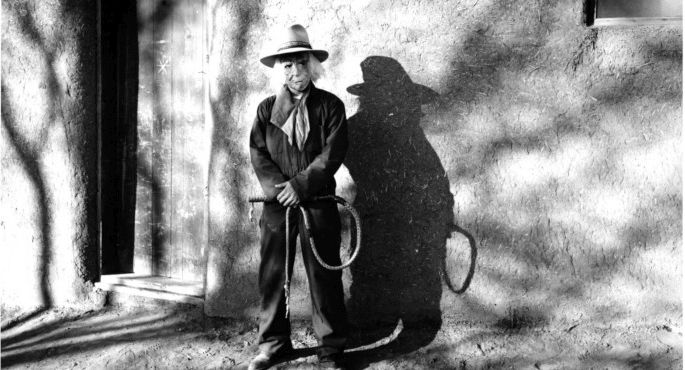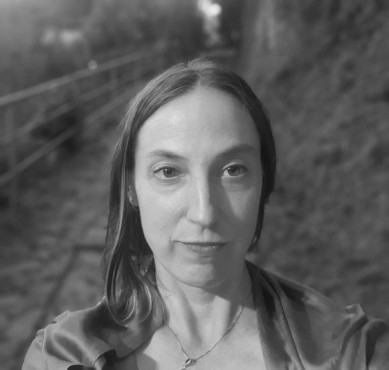Tagebuch

Matachine - Taos Pueblo Xmas, 1986
Nancy C. Wood Photograph Collection (#000-464-0402), Center for Southwest Research, University of New Mexico Libraries

Lindsey Drury
Vortrag von Lindsey Drury über Aby Warburg und die Geschichte der Tänze in New Mexico
»Hungry Grandfathers: Blood and time in Warburg’s early work on colonial dance drama«
Am Mittwoch, 1. Februar 2023 lud das Warburg-Haus herzlich ein zu einem Vortrag von Lindsey Drury, FU Berlin:
Hungry Grandfathers: Blood and time in Warburg’s early work on colonial dance drama
While careening through the American Southwest in the late nineteenth century, Aby Warburg stumbled upon the region’s hottest discourses of Indigenous historicity and colonial time. These he took in stride, adopting popular settler writings on Indigenous antiquity to his early speculative theorisation of pre-modern, pagan ritualism. This presentation approaches Warburg’s colonial ruminations by thinking about his address of dance. Working through the entangled histories of Matachines, Mattachini, Moresca, and the dancerly colonial clowning that Warburg encountered in the American Southwest (and worked on throughout the rest of his life), I propose that Warburg’s work on New Mexican dance history brings concepts of ancestrality to the fore. I follow upon this by thinking through possible consequences of such a proposal. Setting aside, for example, depicted bodies moving against fabrics or captured in images and states of arrest, I think about Warburg’s early work as an address of ancestral hunger and its means of reckoning.
Dr. Lindsey Drury is a performance studies scholar and early modernist who works on critical/digital research approaches to dance in colonial imagination, the ethnological archive, and performance practices in the history ideas. She is at present a Research-Track Postdoc within the Cluster of Excellence »Temporal Communities« and the 2022 Honorary Mention for the Gertrude Lippincott Award for best English-language article in the field of dance studies. Her work on Warburg and Matachines dances has been published within the MARKK Museum’s catalogue Blitzsymbol und Schlangentanz (Hatje Cantz: 2021), and in a forthcoming article for a a special issue of Postmedieval guest edited by Kathryn Dickason (2023).
Aby Warburg